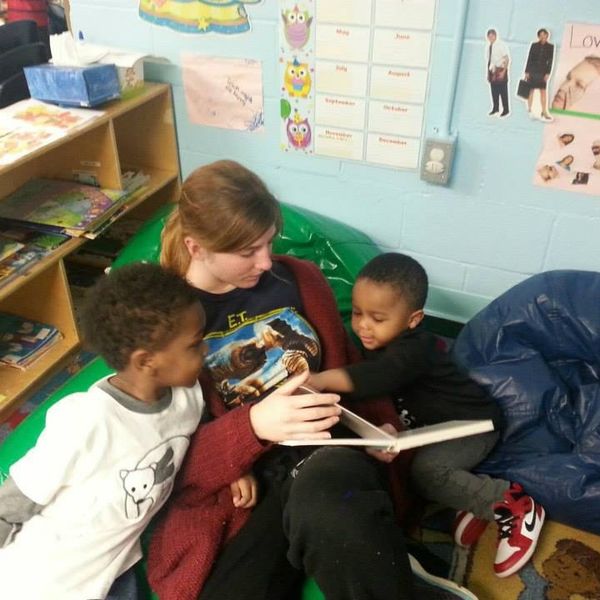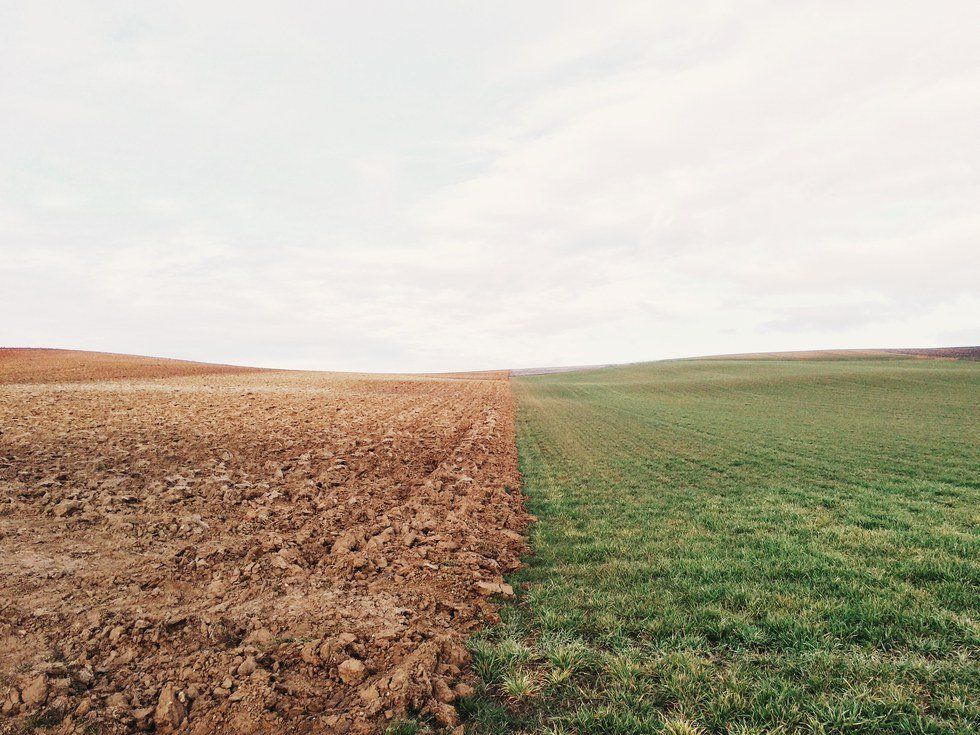No one has an easy life. Each person you meet, each person who passes by, each person born into this world has an untold story that at some point, has had or will have a critical point when things go bad. For some, it's not too bad--maybe a mild debt to pay off by cutting out some luxuries, or questioning the meaning of their lives (we've all done that one). For others, that critical point was maybe tragic, scarring them in some way or turning their worlds upside-down. What, then, can we as a society do?
There's an age-old saying: "Charity begins at home." It's a quote that has been traced back to the early fourteenth century, but time has not expired the validity of this statement, whether or not you agree with my interpretation of it. Some believe it to mean that one should take care of his or her family before trying to help others, which is something I agree with, but I think the scope should be widened. I believe that we--"we" meaning moral people--have the power to create a positive change right where we live. We don't need to build an underground railroad or raise millions of dollars to create change "that matters." Anything and everything we do with the intention of helping others before ourselves is change that matters. We can start a positive wave of humanity by simply caring about the community around us, and look out for others just as much as we do for ourselves.
Sure, it's great to start non-profits and GoFundMe's and petition for better governance and education, but what is the point of starting all of these causes if so few of us are willing to put our actions where our mouths are? I'm not denying that money isn't great. Money can do plenty of things: purchase supplies for the less fortunate, buy vaccines for third-world populations, spread awareness through advertisements. The list goes on and on, but money can't buy genuineness. It can't buy compassion. It can't buy people who are willing to help for nothing. It can't restore lives that have been lost, that may not have been lost if just a few more people were willing to act instead of watch. The mentality of using capital to buy out our problems would only perpetuate the gross cycle we have today of giving attention to a problem, talking about it for a couple weeks, then talking about something shiny and new while the crisis just festers in the background. The point is, we can raise all the money we want, but unless we start giving our actual time and physical effort towards helping those who have less, we'll never have nearly enough volunteers to eradicate all of the wrongness we see today.
A little help goes a long way. Over the past four years, I've spent well over 500 hours serving my community, and I believe everyone has the power to make a difference. I've seen it with my own eyes. Go volunteer at a soup kitchen, help construct care packages for troops overseas, offer your time to a local charity for the homeless or environment. There's a service project out there for each one of us to enjoy and make an impact. And don't just do it once, make it a routine to go weekly, monthly, bi-monthly--as much as you can spare for humanity during your lifetime. Going solo is fine, but sharing that experience with your close friends and family will strengthen your bonds and expand your perspective.
We all have struggles and baggage and barriers, but we need to remember sometimes that there will always be people who have more than us, as well as plenty more who have less. We have our entire lives to make money and watch Netflix. Go out and find a cause that matters to you. Embrace it, help it, and create a better tomorrow, today.





















